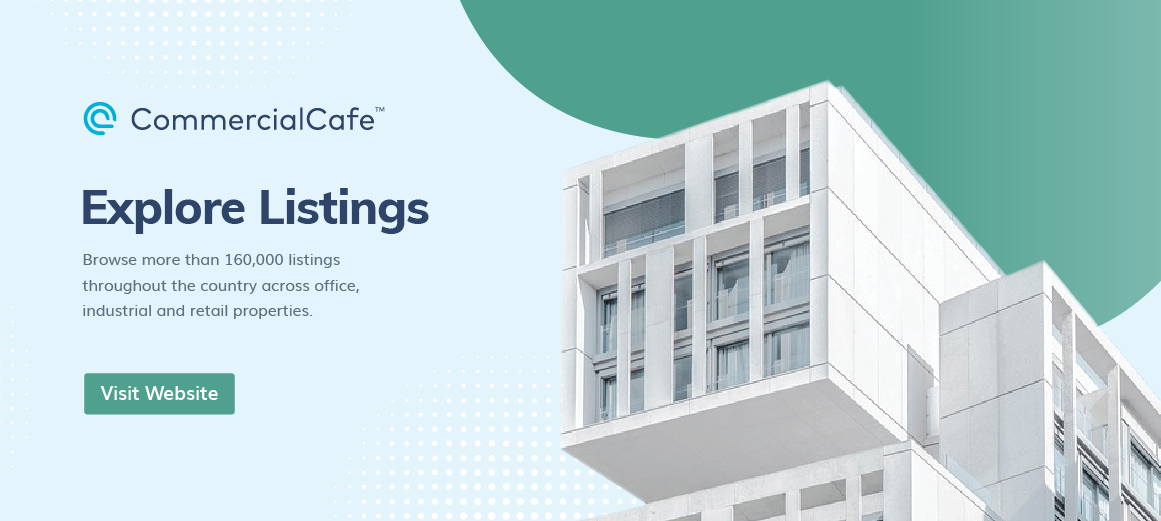Insurance is a very important element of a commercial real estate lease, because you never know when an unforeseen accident or natural disaster can occur and significantly impact your business. Being compensated by the insurance company for your losses can be of great assistance in helping your business recover.
But how do you know what type of commercial lease insurance is ideal for your line of business and what are some of the nitty-gritty details you need to pay attention to in order to be fully covered? Read on and find out everything there is to know about commercial lease insurance.
Who Insures & Who Pays for Insurance in a CRE Lease?
When establishing the exact conditions and details of a commercial lease insurance, one of the first issues that comes up is who pays for the insurance and who insures. This depends on the type of agreement between the tenant and the landlord.
In a full-service gross lease, the landlord is the one who covers all building expenses, including insurance. On rare occasions, if the tenant leases an entire building, the tenant may need to seek the insurance. In triple net leases, it is also the tenant who deals with the payment. However, in cases that fall between the two types of leases, terms and payment are negotiable between the two individuals. If the landlord covers the insurance, they will seek to be reimbursed, so tenants should be aware of this fact and vouch for paying only the “reasonable and proper” coverage instead of the full insurance premium, which might extend to loss of rent, professional fees, and even demolition costs.
What Does CRE Lease Insurance Cover?
Commercial property insurance covers the entirety of the leased building (or a designated part of it, if the tenant only leases a few offices and not the whole building), all of its contents, as well as the belongings of other business partners in your care.
The building’s coverage likely includes the improvements a tenant makes, including but not limited to signage, fencing, landscaping, and other similar upgrades. The contents of the building refer to on-site furniture, equipment, computers, tools, inventory and other valuables that are kept in the commercial property. Lastly, commercial property insurance can also cover damaged goods that are not your property but are in your care at the moment when an incident occurs. However, if your business deals with frequent temporary possession of other people’s property (for example, dry cleaning, valet parking, or electronics repair business), an additional premium needs to be paid in order for these objects to be covered as well.
Liability Insurance
Public liability insurance, also known as commercial general liability insurance, offers protection against a third party getting injured on the property (employee, worker, etc.). If someone experiences an accident on-site and decides to sue the landlord, that person will be paid by the liability insurance.
Insured Risks and Perils
Commercial property leases generally insure the following risks and perils: fire, explosion, theft, vandalism, water-related damage, damage caused by storms, riots, and partial or whole collapsing of the building. Nuclear reactions, wars, power failures, pollution, changes in humidity and temperature, rust, corrosion, mechanical breakdowns, fungus, and mold might be exceptions to your policies, so check the exact details of your insurance to see whether the policy also offers coverage on account of these contexts.
If the property is destroyed by an insured risk or peril, the landlord will lay out insurance money received from the insurance company and reinstate the covered property which suffered the damage. If the tenant did not contribute with their part of the insurance money, the landlord is not in under any obligation to reinstate or renovate the damaged property for the tenant’s use.
Uninsured Risks
If the property is damaged by a risk that does not appear in the insurance policy, then the landlord isn’t under any kind of obligation to take care of repair works. This responsibility can be found in the repairing covenants of the lease, where it should state clearly the responsible party who must renovate the damages. When the property becomes completely unusable, in the case of an insured risk, the tenant usually stops paying rent. However, if the risk is uninsured, the rent will still be payable even if the commercial space cannot be occupied.
Visit CommercialCafe.com and easily get in touch with featured commercial brokers in your market of interest – find the best representation for your commercial space lease needs.










